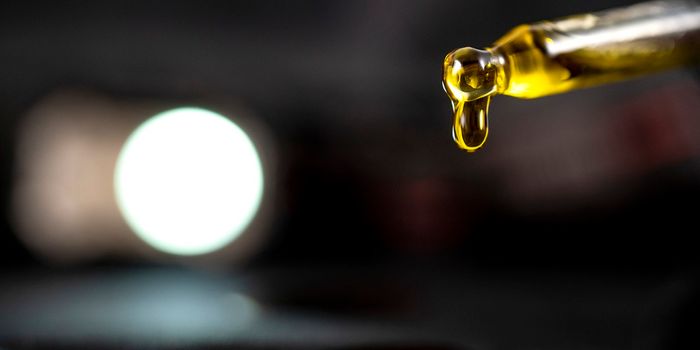New discovery may revolutionize desalination technology
Access to clean, fresh water is a reality that, unfortunately, not all humans have. Climate change and geographic location, as well as socioeconomic and political factors, put some at a disadvantage, leaving over 2 billion people worldwide without reliable access to safe drinking water. In part because of this unignorable need, the field of desalination has grown in the last decades. Over half of desalination technology uses reverse osmosis membranes, but these membranes still lack efficiency. Which is why a new study published in Science Advances from a collaboration between researchers at Monash University, CSIRO and the University of Texas at Austin detailing a new membrane-like technology.
The team of scientists has discovered that membranes known as metal-organic frameworks (MOFs) can be used for the same filtering function that organic cell membranes have. MOFs reportedly have the largest internal surface area of any substance known to humankind, and their “sponge-like crystals can be used to capture, store and release chemical compounds,” reports Science Daily. This function of ion selectivity makes them an ideal candidate for trapping salt and ions in seawater, essentially making it safe for drinking in one, cost-efficient step. If MOFs technology develops how the researchers expect, this technology has the potential to revolutionize the water and mining industries.
Monash University's Professor Huanting Wang said, "We can use our findings to address the challenges of water desalination. Instead of relying on the current costly and energy-intensive processes, this research opens up the potential for removing salt ions from water in a far more energy efficient and environmentally sustainable way."
So how do MOFs work? According to the study, the angstrom-sized windows of MOFs work to selectively filter alkali metal ions out of the water while the nanometer-sized cavities act as ion conductive pores for ultrafast ion transport. This ultrafast and selective transport of monovalent ions is the key to what makes MOFs so special. And such ion filtering could serve a purpose not only for clean water but for lithium recovery for lithium-ion batteries, as well. This could have significant impacts on the greater economy.
Wang comments, “We'll continue researching how the lithium-ion selectivity of these membranes can be further applied. Lithium ions are abundant in seawater, so this has implications for the mining industry who current use inefficient chemical treatments to extract lithium from rocks and brines. Global demand for lithium required for electronics and batteries is very high. These membranes offer the potential for a very effective way to extract lithium ions from seawater, a plentiful and easily accessible resource."
The University of Texas in Austin Professor Benny Freeman points out that this technology could also be revolutionary for the mining industry in terms of waste and pollution. Speaking of MOFs, Freeman said: "Advanced separation materials concepts, such as this, could potentially turn this waste stream into a resource recovery opportunity."
Sources: Science Advances, Science Daily









